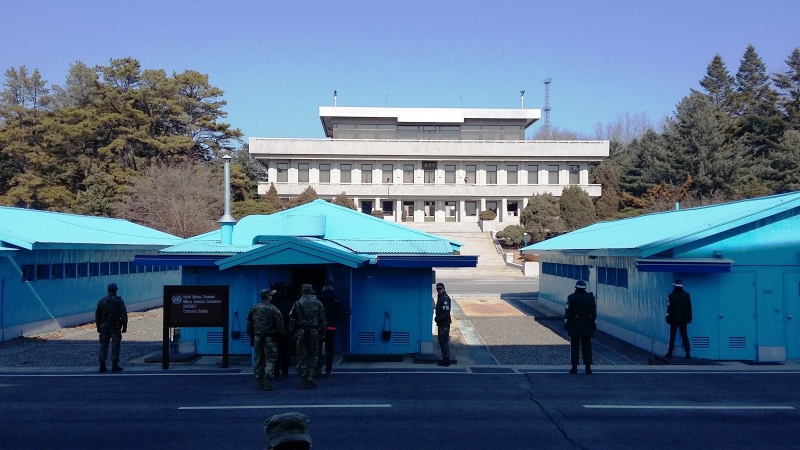My spoiler free review of Batman v Superman.
I tried to go into Batman v Superman without having seen any reviews. I already knew I was going to see it, so there seemed little point in doing so with someone else’s preconceptions in my head. That proved to be impossible. The avalanche of critical disdain was strong enough to sweep into the mainstream press and social media and was near impossible to avoid. I therefore, went into the cinema knowing that a lot of people were decidedly unimpressed.
I can definitely see where they are coming from. Batman v Superman, provides plenty of material for a bad review. The plot is disjointed, the first half has its moments but is quite a slog and Wonder Woman’s role feels rather tacked on. Some scenes are baffling. There’s a decided lack of subtlety and the film takes itself more seriously than it has any right to. Oh and it has more endings than bloodly Return of the King.
Frankly, director Zack Snyder had $250 million and some of the most iconic characters ever created at his disposal. He had the material for an amazing film but only made something passable.
That does not, however, make it the disaster a lot of reviews have presented it as. Far from it. It’s generally quite enjoyable, at least once it gets going. Snyder’s visual style may be over the top but they do impart grandeur to the proceedings. The Batman-centric action sequences are more brutal than anything this side of Daredevil and possess an engaging physicality. That makes them not only entertaining in their own right but also a valuable counterpoint to the CGI heavy battles that revolve around Superman. The battle between the two of them is quite remarkable. What follows after that doesn’t match it but it’s good enough to keep you satisfied through the multiple false finishes.
Crucially for Warner Bros, who are using this film as the launch pad for a whole fictional universe, the characters worked. Sure, Cavill is a bit bland as Superman but frankly unless you are Christopher Reeve (or Chris Evans?) it’s hard to make a paragon interesting. Fortunately, Amy Adams is there to do a lot of heavy lifting in his sections of the film. And they play into the Batman half of the film in an interesting. I liked Affleck’s older, more grounded and nastier take on the character. Like Keaton and Bale’s version, he is dealing with trauma. However, this time his temptation is not madness or despair but cynicism and cruelty. That allows Superman’s monotonous nobility to serve a purpose: this alien messiah is a prerequisite for Bruce Wayne’s re-enchantment with humanity.
As I’ve already mentioned, I felt Wonder Woman’s presence was rather perfunctory and could have been lost without unduly diminishing the film. Indeed, had this been a Marvel film I suspect she would have turned up in the post-credits sequence rather than the film itself. But while she was there, she was good value. Her entry into the final battle with Doomsday – accompanied by music that sounds like it was composed by the Doof warrior from Fury Road – is the film’s only airpunching moment. Her lack of dramatic moments makes it quite hard to judge how well suited Gal Godot is to the role but at least she projects the right air. And the effect of underusing the character in this film is that I’m intrigued by her solo outing. And that may well have been the idea. It’s also possible that her true identity was supposed to come as a shock but the marketing department blew it.
Summary: 6/10 – Yes, it’s a disappointment. No, it can’t hold a candle to the Avengers or the Nolan Batman films. But it’s not the disaster you’ve probably read that it is. In fact, it’s a pretty creditable blockbuster. Nonetheless, it’s well past time to replace Snyder as director. Nobody loves what he’s done with the franchise but plenty of people hate it.



 Generally, the end of the Cold War has made many international borders considerably less dramatic. There was a time when going between East and West Berlin, or Mainland China and Hong Kong meant facing the risk you’d be shot. I’ve done both journeys on the metro without any special paperwork. The Demilitarised Zone (DMZ) that divides the Korean peninsula is an exception.
Generally, the end of the Cold War has made many international borders considerably less dramatic. There was a time when going between East and West Berlin, or Mainland China and Hong Kong meant facing the risk you’d be shot. I’ve done both journeys on the metro without any special paperwork. The Demilitarised Zone (DMZ) that divides the Korean peninsula is an exception.



